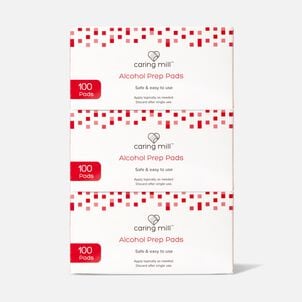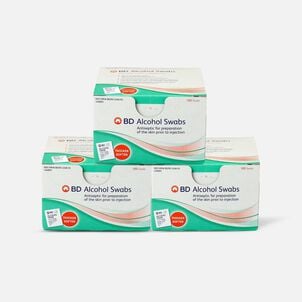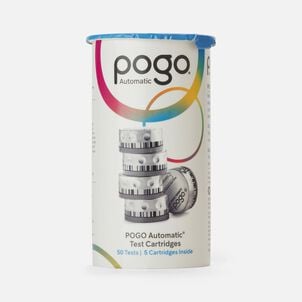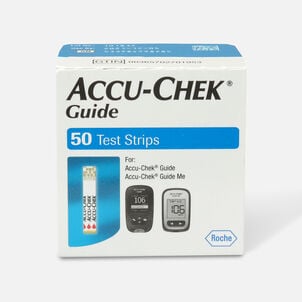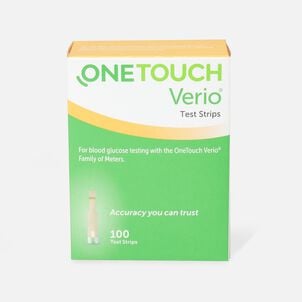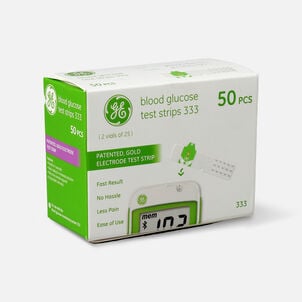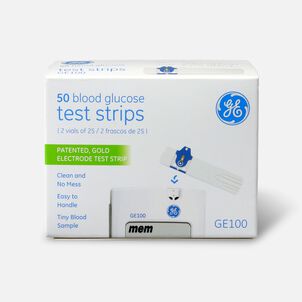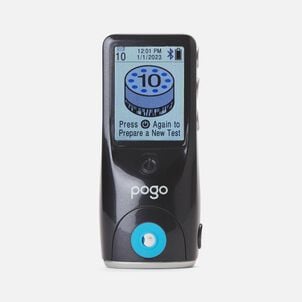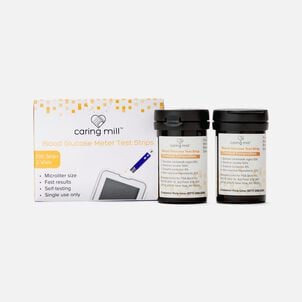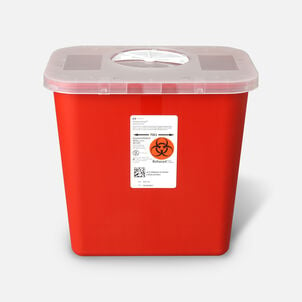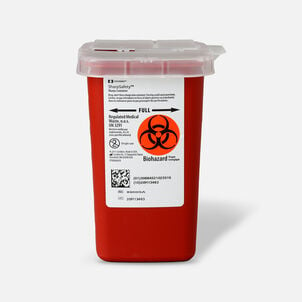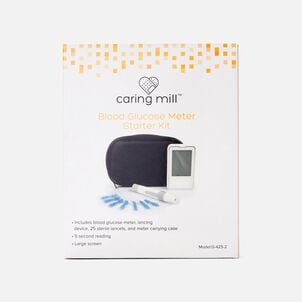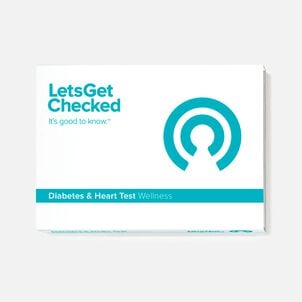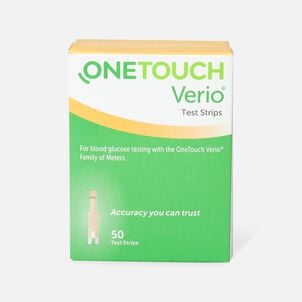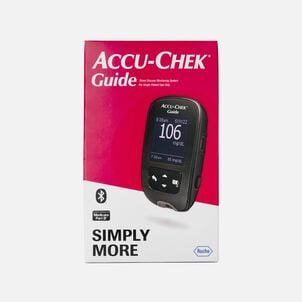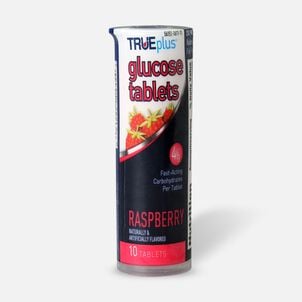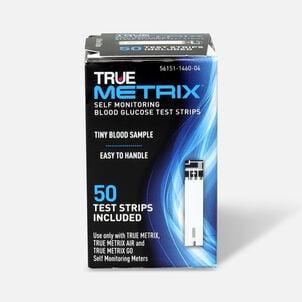The Complete HSA Eligibility List
Here it is — the most-comprehensive eligibility list available on the web. From A to Z, items and services deemed eligible for tax-free spending with your Flexible Spending Account (FSA), Health Savings Account (HSA), Health Reimbursement Arrangement (HRA) and more will be here, complete with details and requirements. Important Reminder: HSAs, FSAs, HRAs and other account types listed may not all be the same. Be sure to check with your administrator to confirm if something is eligible before making a purchase.
Here it is — the most-comprehensive eligibility list available on the web. From A to Z, items and services deemed eligible for tax-free spending with your Flexible Spending Account (FSA), Health Savings Account (HSA), Health Reimbursement Arrangement (HRA) and more will be here, complete with details and requirements. Important Reminder: FSAs, HRAs and other account types listed may not all be the same. Be sure to check with your administrator to confirm if something is eligible before making a purchase.
Lancet: HSA Eligibility
Lancet: eligible with a Health Savings Account (HSA)HSA Eligible Diabetes Care
What’s a lancet?
A lancet is a fine needle used to prick skin typically used to monitor blood sugar levels. Once the skin is pierced, a small amount of blood can come to the surface and be used to test blood sugar with a blood glucose monitor or blood glucose test strips (Diabetes.co.uk).
What is diabetes?
Diabetes is a disease where the body doesn’t properly convert food into energy to use. A normal functioning pancreas uses insulin to deliver glucose to the body’s cells. A diabetic either doesn’t have enough insulin or doesn’t use the body’s insulin as it’s supposed to (Centers for Disease Control and Prevention).
What’s a diabetes monitor?
Individuals who suffer from type 1 diabetes (insulin-dependent diabetes) or type 2 diabetes (non-insulin dependent diabetes) are both prime candidates for diabetes monitors, also known as blood glucose meters. Testing blood glucose (sugar) levels can be a helpful tool for some individuals with diabetes, while for others, it is a necessary part of their care regimen that must be checked in the event of exercise, food, medication and stress. Irregular blood glucose levels can lead to major health issues, including hypoglycemia, hyperglycemia, or diabetic ketoacidosis (Healthline).
Testing one's blood sugar is an effective means of judging how well a patient's treatment plan is progressing, tracing patterns in blood sugar levels dictated by diet and exercise, monitoring the effect of diabetes medications and quickly identifying when blood sugar levels are too high or low. Individuals with type 1 diabetes will test their blood sugar between 4-8 times per day, while those with type 2 diabetes typically test theirs 2-3 times daily.


